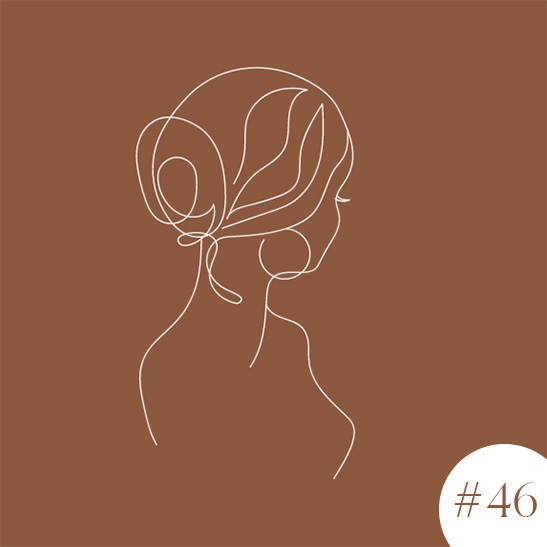June 5, 2023

At some point, the healing journey needs to include an honest reckoning about the gender stereotypes we perpetuate in the stories we tell about our own parents.
For example, did you perceive your dad as fun and lighthearted, and your mom as constantly stressed out and overfunctioning?
Context matters. Why was she so stressed out? What privileges, power dynamics, and cultural norms allowed him to be the fun one?
When we’re first acknowledging and healing from harm caused, it’s normal, natural, and often necessary to feel angry and hold tightly to stories about our parents and caregivers that aren’t very nuanced or including of the likely harm caused to them.
We might need an extra self-protective season.
Eventually, though, we may feel ready to expand our stories by looking at the systemic realities and traumas they endured, which contributed to the maladaptive coping strategies that led to the harm caused to you.
Accountability, yes. Boundaries, hell yes.
And also, we stand a better chance at interrupting patterns of harm going forward when we can zoom out and get curious about the unique circumstances that shaped those who raised us.
Most truths are ultimately way more paradoxical than we’re comfortable admitting.
There’s no need to rush this process. Anger is an important ally. As long as you stay connected to your heart and allow yourself to grieve along the way, you may simply wake up one day and realize you’re ready (and feel safe enough) to allow more nuance into the picture.
It’s also okay to decide you don’t want to invest time or energy expanding your story around someone who caused you a great deal of harm. You don’t owe them forgiveness or expansiveness. If you’re trying to decide whether it’s worth the effort and pain, ask yourself if and how YOU might eventually benefit from a more expansive story. Outgrowing rigid, self-protective stories can sometimes mean shedding heavy armor and picking up our shield only if and when we need it.
Heart wide open, shield in hand,
